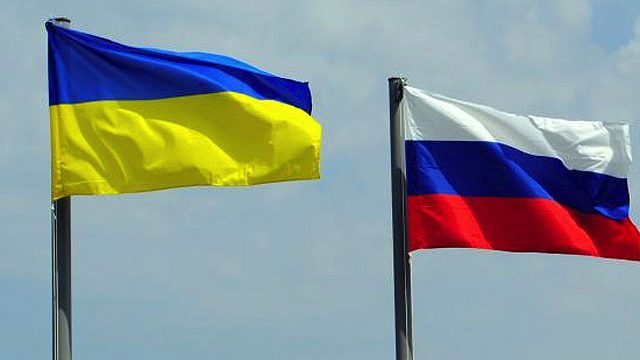CSE Hosts Lecture on Russia-Ukraine Conflict

On February 18, 2022, the Center for the Study of Europe (CSE), an affiliated center of the Frederick S. Pardee School of Global Studies at Boston University, hosted a lecture by Olena Lennon, Ph.D. is an Adjunct Professor of Political Science and National Security at the University of New Haven, exploring the key questions surrounding the Russia-Ukraine crisis.
During the event, titled “Russia-Ukraine Conflict: More than Meets the Eye,” Lennon addressed a number of questions surrounding the current Russia-Ukrain crisis, including why is Putin threatening to invade, and are there other ways to achieve his objectives; why is Russia amassing it’s troops now; and how will this standoff end? In outlining the situation at hand, Lennon noted that Putin has always believed that Ukrainians did not have a right to self-determination, citing his essay that “Russians and Ukrainians were one people – a single whole.” Putin is not alone in this feeling, as many political elites in Russia share this view.
Expanding on Putin’s motivation for amassing his forces, Lennon also argued that Russia’s current threats of a renewed invasion of Ukraine aimed to capitalize on post-pandemic vulnerabilities as other countries focus on domestic issues over foreign intervention. Additionally, there are growing anti-Russian sentiments as well as more positive feelings towards the European Union and the North Atlantic Treaty Organization (NATO) in Ukraine; Lennon states that this is a likely motivator for Russia’s current deployment. Vesko Garčević, Professor of the Practice of International Relations at the Pardee School and moderator of the event, echoed Lennon’s observations adding that internal political shufflings in Europe – France and Germany specifically – may also have led Putin to think the time for action is now.
A recording of the event can be viewed below.
The mission of the Center for the Study of Europe is to promote understanding of Europe through its cultural heritage; its political, economic, and religious histories; its art, literature, music, and philosophy; as well as through its recent emergence as a new kind of international form through the European Union (EU). Operationally, the center provides a focal point and institutional support for the study of Europe across Boston University through coordination of teaching missions, support of research, community-building among faculty and students, and outreach beyond the University. Visit the center’s website for more.